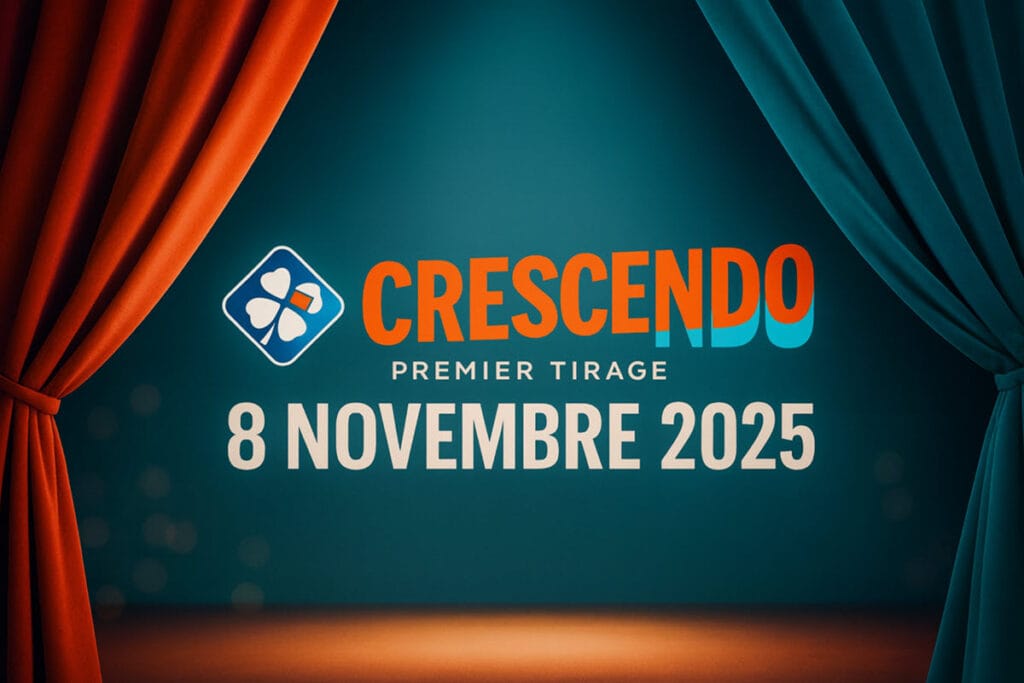French Horse Racing Faces Challenges Amidst Economic Shifts, Says Regulator
The French horse racing industry is navigating a complex landscape, facing challenges in attracting new audiences and adapting to changing economic realities. Isabelle Falque-Pierrotin, President of the ANJ (Autorité Nationale des Jeux), the French gambling regulator, shared her insights on the state of horse racing and the broader gambling market in a recent interview.
Stagnant Growth and Shifting Demographics
Falque-Pierrotin highlighted that horse racing is “probably the most delicate segment of the market” due to stagnant or declining offerings and customer base. While online sports betting is booming, horse racing still relies heavily on traditional betting locations. In 2024, horse racing generated approximately 2 billion euros in gross gaming revenue (PBJ), with 80% coming from physical locations and only 20% from online platforms.
This contrasts sharply with sports betting, where online platforms drive growth. Horse racing’s 1.6 billion euros in physical locations now represent only 12% of the overall gambling market share, a significant drop from 20% in 2020. Although there was a slight increase in online horse racing players in 2024, Falque-Pierrotin emphasized that this growth is fragile.
Economic Crisis Impacts Traditional Players
The economic crisis has disproportionately affected the typical horse racing gambler, who is often older, male, and from a modest socioeconomic background. This demographic is less receptive to multi-activity marketing strategies, making it harder to attract and retain them. New betting options, such as “Question of the Day,” have failed to gain traction.
While regulators have approved new initiatives like betting on past races and live betting, Falque-Pierrotin believes these measures are too limited to significantly impact the industry. The PMU (Pari Mutuel Urbain), the main horse racing operator, also faces challenges due to the financial struggles of its retail partners. Despite France’s rich horse racing heritage, the current economic environment is unfavorable for operators.
Fixed Odds vs. Pari-Mutuel: A Debate
The appeal of fixed-odds betting among younger gamblers raises questions about whether horse racing should adopt this model. Falque-Pierrotin noted that fixed-odds betting is common in the UK, and its introduction in France could attract larger, more experienced international operators. The current pari-mutuel system protects the French market, but it may not appeal to a broader audience who prefer the certainty of fixed odds. Currently, French horse racing operators have not requested a shift to fixed-odds betting.
Addressing Anonymity and Problem Gambling
The ANJ is working to address the issue of anonymous gambling in physical locations, where it is difficult to identify and support problem gamblers. Pilot programs with the FDJ (Française des Jeux) and PMU are testing identification methods in retail outlets. The PMU+ identification program has identified 50,000 individuals, but this falls short of expectations.
The ANJ also monitors betting odds for suspicious activity. Unexplained drops in odds could indicate manipulation, potentially leading to the suspension of betting on a race. While this has occurred in sports betting, no such incidents have been detected in horse racing so far.
Promotions and Responsible Gambling
The ANJ reviews operators’ promotional strategies to ensure they comply with responsible gambling guidelines. The regulator can reject overly aggressive promotions and requires operators to be transparent about their commercial incentives. There is currently no shared database of problem gamblers across operators. The ANJ is developing an algorithm to standardize the identification of problem gamblers, which will be shared with operators in the coming months.
International Races and Addiction Concerns
The ANJ plays a limited role in shaping the horse racing calendar but ensures that races adhere to certain principles, such as avoiding online races throughout the night. The regulator plans to scrutinize the integrity of international races in collaboration with the Ministry of Agriculture.
While horse racing operators have made progress in responsible gambling, they still face challenges. The industry’s focus on attracting new customers, including through family-friendly events at racetracks, raises concerns about exposing minors to gambling. Horse racing has a higher rate of problem gamblers (16-17%) compared to the average (6%). A recent study (ELPHI) found that problem gambling rates among young people are as high as 40-45%. This concentration of problem gamblers within a shrinking customer base is a major concern for regulators.
Online Casinos: A Potential Game-Changer
The potential legalization of online casinos in France is a significant issue. Falque-Pierrotin acknowledged France’s unique position, with 200 physical casinos compared to other countries. If online casinos were legalized, it would be a major market shift, similar to the opening of the market in 2010. Several operators are already positioning themselves for this possibility.
Falque-Pierrotin emphasized that the gambling market is driven by supply and that the number of problem gamblers is increasing. She expressed concern about the normalization of gambling and the belief that it can improve people’s lives. The emergence of JONUM (Jeux à Objets Numériques Monétisables) adds another layer of complexity. Online casinos are the most addictive form of gambling, and any legalization would require significant restrictions to protect public health, especially among young adults (18-25).
Key Takeaways
- Horse racing faces challenges due to stagnant growth and shifting demographics.
- The economic crisis disproportionately affects traditional horse racing gamblers.
- The debate over fixed-odds vs. pari-mutuel betting continues.
- The ANJ is working to address anonymity and problem gambling.
- The potential legalization of online casinos raises significant concerns about addiction.
Bio Express: Isabelle Falque-Pierrotin
- Age: 65
- Family: Married, four children
- Tenure: 5 years as President of the ANJ (as of June)
- ANJ Staff: 80 employees
- Horse Racing Operators: 5 active in the French market: PMU, Zeturf, Genybet, Betclic, and Unibet
No Obligation to Display Betting Pools
While many bettors wonder why the PMU is the only horse racing operator to publicly display its betting pools, operators are under no obligation to do so. The PMU’s transparency is a selling point, demonstrating its market leadership and substantial betting pools.
Stay ahead of the game in the licensed betting world – get the latest insights at LicensedBettingSites.com.















